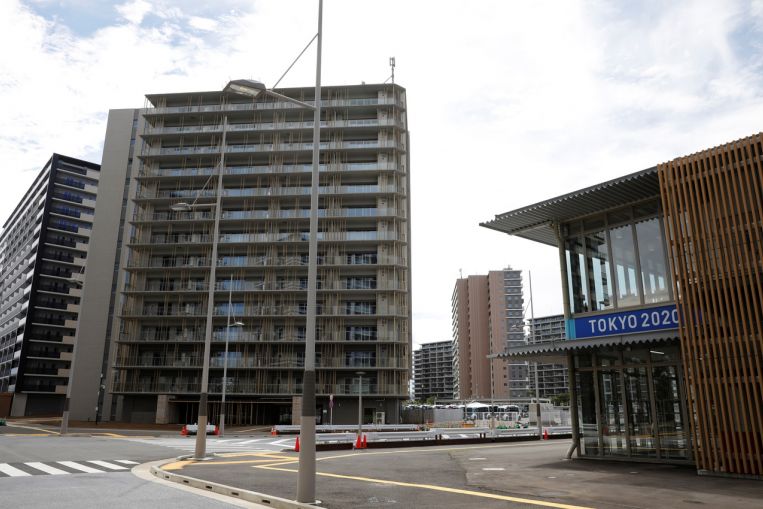SINGAPORE – The safety of Singapore’s 80-member contingent for the Tokyo Olympics is paramount and additional Covid-19 measures, above those implemented by organisers, are in place for the country’s athletes and officials, the Republic’s chef de mission Benedict Tan said on Tuesday (July 6).
The former national sailor, who is also Changi General Hospital’s chief of sport and exercise medicine, noted: “The preparations have been very thorough.
“These Olympic Games are an unprecedented one, and we have prepared and put into place measures to ensure the health and safety of our contingent. These are over and above what is in the Tokyo 2020 playbook.”
As of Tuesday, all 23 national athletes competing in 12 sports have been fully vaccinated ahead of the July 23-Aug 8 Games.
There will also be staggered arrivals and departures, with athletes arriving five days before their competitions commence, and leaving within 48 hours after their competitions end.
Minister for Culture, Community and Youth Edwin Tong had said in a parliamentary written reply on Monday that all members of the contingent will receive a travel kit containing surgical-grade respirators and masks, a protective face shield and disinfectants.
They will also be provided with an anti-microbial surface spray to pre-treat their attire and equipment with an anti-virus and anti-bacterial coating that can last for three to six months.
While in the Japanese capital, the contingent will function in a “bubble within a bubble” to minimise their exposure to risks.
Such an arrangement was introduced to discourage athletes from inter-mingling across sports. Whenever possible, their living arrangement will see them grouped according to their respective sports.
Chief medical officer Dr Teoh Chin Sim said: “We have our athletes coming from all over the world and everybody’s coming together and moving around. The configurations of the room may be one or two to a room and they are living in an apartment with a few rooms.
“As far as possible, we want to keep the teams (of the same sport) together because we want them to move around like a family. As far as the rooming is possible, we will put them together so that if there is anything untoward that happens, it’s (limited) to that family and not affect the entire contingent.”
Dr Teoh will be leading the nine-member medical team comprising physiotherapists from the Singapore Sport Institute (SSI), public healthcare institutions and the private sector, as well as sport scientists and psychologists from SSI.
They will be stationed at the Games Village to provide medical treatment and other support.
An operations centre has also been set up in Singapore so officials can closely monitor developments at the Games.
Organisers have also introduced measures such as daily antigen rapid tests, the maintaining safe distancing of 2m, as well as the use of health reporting and contact-tracing apps.
Dr Tan, who competed at the 1996 Atlanta Games, emphasised the need to adhere to these measures, saying: “It’s not just the rules and regulations, it’s also the compliance and discipline to following them and you can count on our athletes to be very disciplined in following the rules.”













































